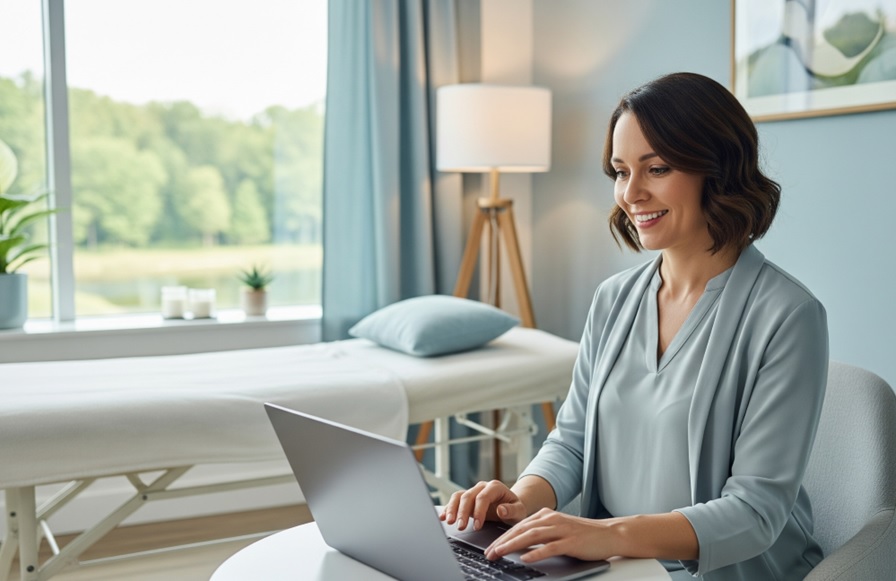Therapy Beyond the Couch
- Home
- Therapy Beyond the Couch
Therapy Beyond the Couch: How Virtual Sessions Are Transforming Mental Health Care

Gone are the days when therapy meant sitting in a quiet office, face-to-face with a professional on a familiar couch. While that traditional setting still works for many, the way we access mental health support has been shifting in a big way. Nowadays, therapy has stepped out of the office and into our homes, fitting into our busy lives during breaks between meetings or in those quiet moments with just a phone or laptop.
Virtual sessions have opened the door to therapy for people with all kinds of lifestyles. For some, it takes away the stress of commuting to an appointment. For others, it makes the idea of starting therapy feel less intimidating, especially if they’re nervous about walking into a clinic. Life can be hectic, and online sessions can seamlessly fit into a packed schedule without the hassle of extra planning or travel time.
There’s also something really comforting about chatting from your own space. Whether you’re in your bedroom, at the kitchen table, or even sitting in your car, many find it easier to relax and open up in a familiar environment. And the best part? The quality of care remains top-notch. Virtual therapy still provides genuine connection, professional support, and the chance for meaningful progress.
Plus, it means therapy can keep going even when life throws curveballs. If you’re travelling, moving, feeling under the weather, or just having a tough week, your support system doesn’t have to fade away.Online sessions offer a sense of stability that can be incredibly reassuring.
Another significant advantage is that virtual therapy helps those in rural or underserved areas access mental health care. It’s breaking down barriers for people who might struggle to find local support.
This shift in how therapy is delivered isn’t just about convenience; it’s a reflection of a more inclusive and responsive approach to mental health care, one that adapts to the real lives and needs of individuals.
9:00 am to 5:00 pm




